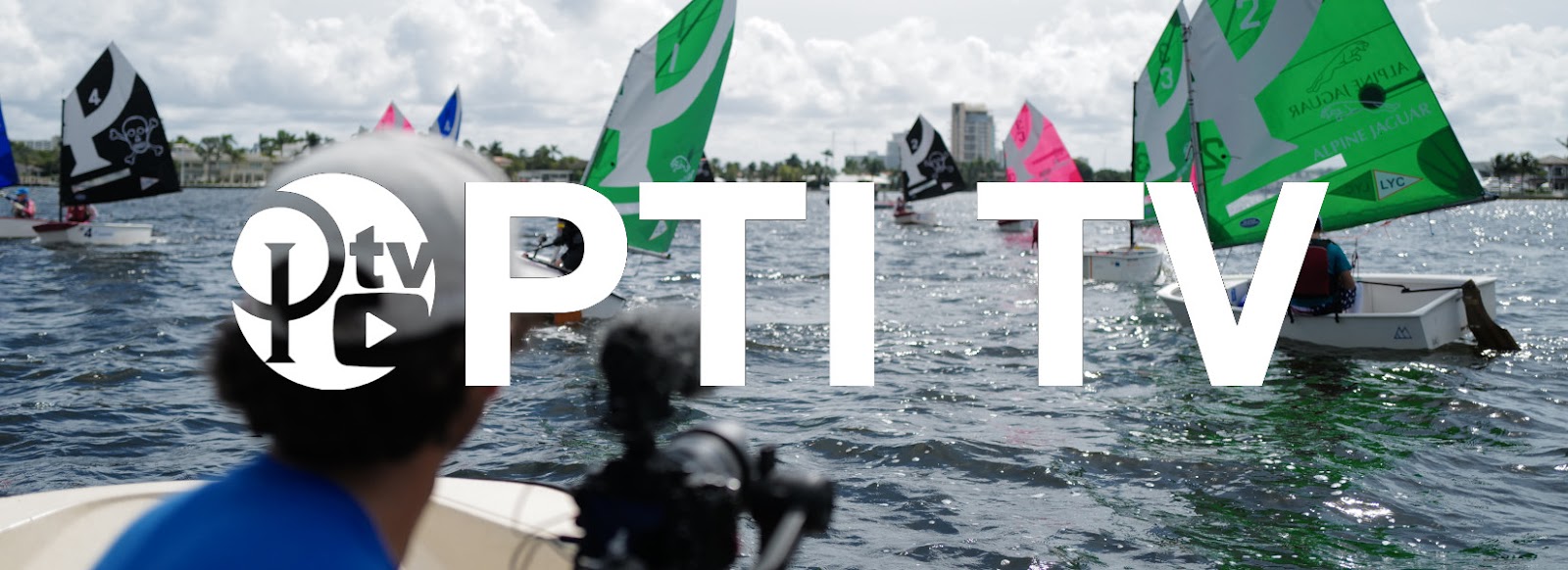Preparation Is Key
We asked the Opti TV contributors what their #1 piece of advice for sailors competing in a USODA or class qualifier, and here is what they had to say:
MacKenzie McGuckin:
"Be Adaptable" Here are are couple types of regatta day situations that might arise: Some situations can be prepared for in advance. This is why we practice. Gear failures, arriving late, challenging weather, venue logistics, can all affect your mental readiness. You can practice dealing with distractions in the familiar setting of your home club before the event that can help reduce the effect on regatta day. Sometimes though, things may not go as planned, and you need to be ready. Some unplanned situations could include forgetting your pack of extra sail ties or tripping in the parking lot and falling. In these situations, you need to be able to think on your feet and execute a plan for recovery. Arm yourself with strategies to deal with the unexpected. Preparing yourself for the USODA events will help tremendously in regards to mental readiness as well as preparedness if things don’t go according to plan.
Scott Norman:
"Make sure your toolbox is full" Set a preparation goal early on and practice. Make your goal part of your routine. Come to the event with all your tools.
Daniel O'Farril:
"Prepare by preparing" The regatta does not start the first day of racing, the regatta starts the day you know you are going to that regatta. Talk to your coach and ask questions about the training plan, the venue, typical fleet size. You need to look at all the factors going into the event and train, train, train. You will find better results if you prepare before arriving at the venue.
 Alberto Olivo
Alberto Olivo
"Speed + time = distance" This equation is absolute gold at a USODA regatta. Speed Is King and especially in big fleets of class events. If you don't have time, or the speed, you will not gain the distance to put yourself between the mark and the competition. You need to sail fast in order to get off the line into a clear lane. Remember, you can be the world's greatest tactician, but if you don't have the speed - you won't be going anywhere!



Comments
Post a Comment